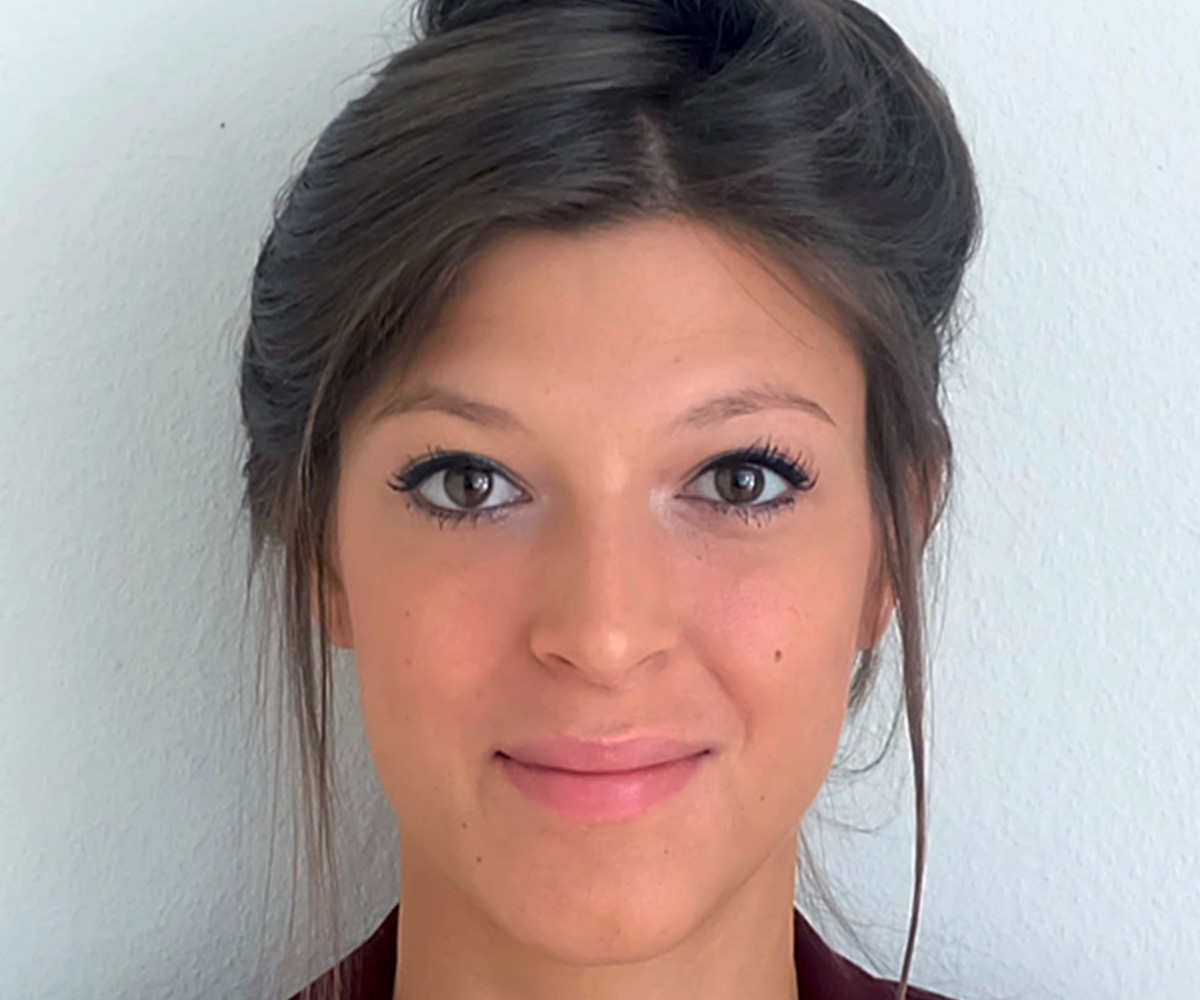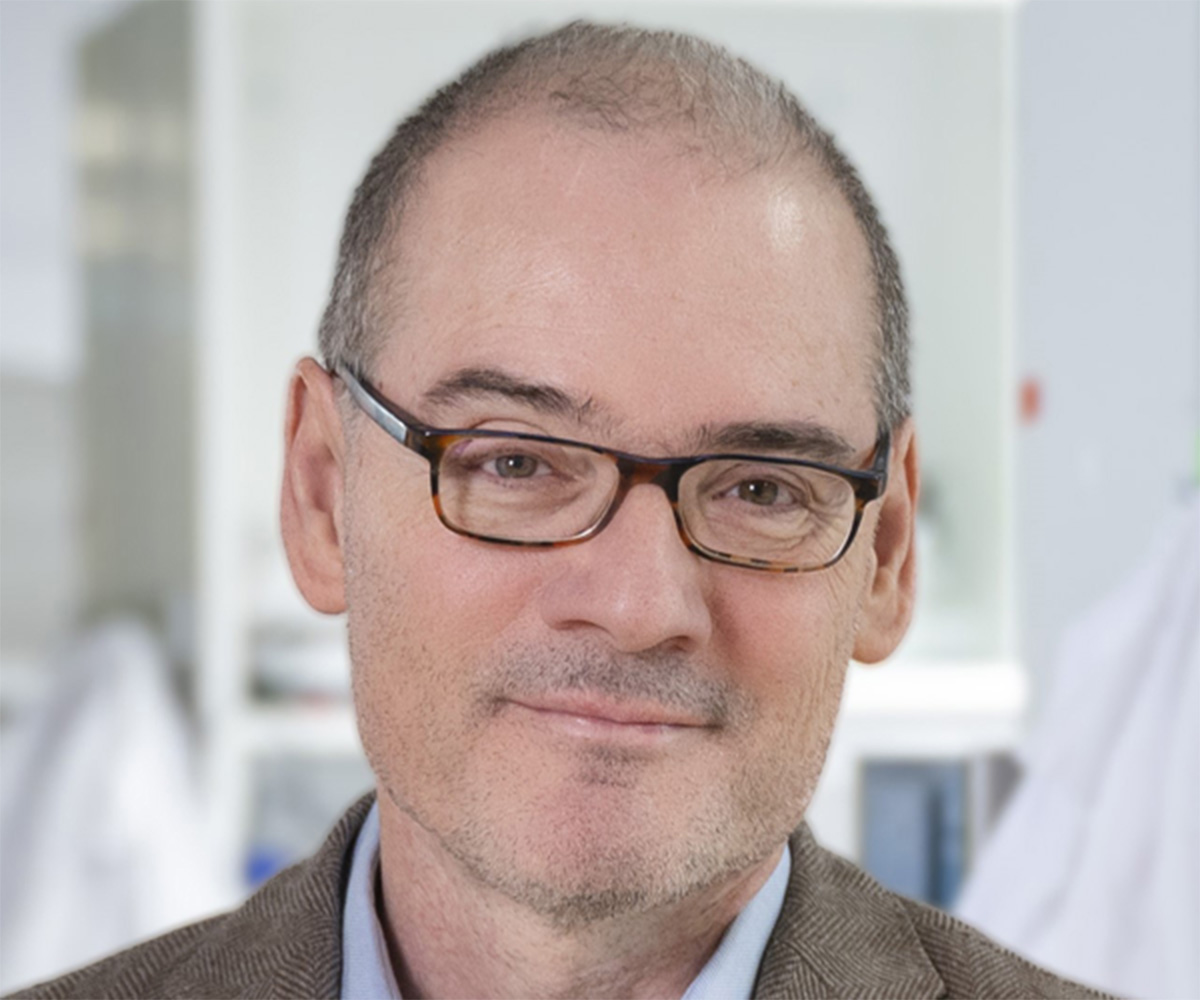




A team led by Ludwig Lausanne’s Johanna Chiffelle, David Barras, Denarda Dangaj Laniti, Alexandre Harari and Director George Coukos described in a September paper in Immunity the correlates of efficacy for adoptive cell therapy using tumor infiltrating lymphocytes (TIL-ACT), in which T cells taken from a patient’s tumors are grown in culture and reinfused for cancer therapy. Analyzing subpopulations of TILs—or clonotypes—isolated from 13 melanoma patients who received TIL-ACT in a clinical trial, the researchers detailed the origins, specificity, molecular characteristics and dynamics of T cells used for the therapy. To do so, they used single-cell RNA/TCR-sequencing, tracking TIL clonotypes from baseline tumors to ACT products and post-ACT blood and tumor samples from patients. The Ludwig Lausanne team showed that patients who benefit from the therapy have tumors rich in cancer cell-targeting TILs that expand significantly in culture and preferentially infiltrate tumors following ACT. These TILs are also transcriptionally and epigenetically reprogrammed during expansion, losing markers of exhaustion and gaining markers indicative of functional reinvigoration. Nonresponding patients have tumors devoid of tumor-reactive TILs, and their cell products are composed of large fractions of blood-borne cells. The findings should help physicians better select patients for TIL-ACT therapy and guide the design of better therapies of this kind.
Tumor-reactive T-cell clonotype dynamics underlying clinical response to TIL therapy in melanoma
Immunity, 2024 September 13